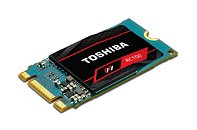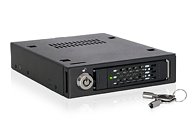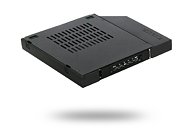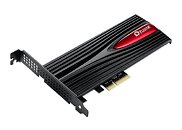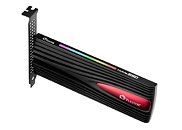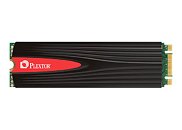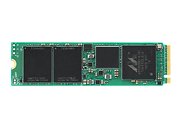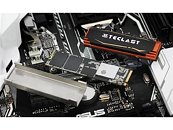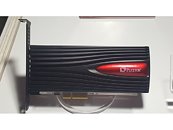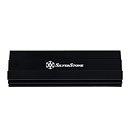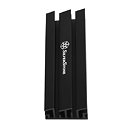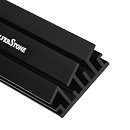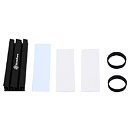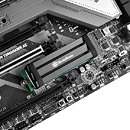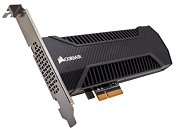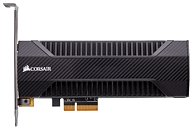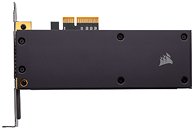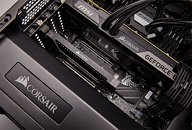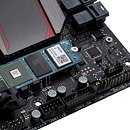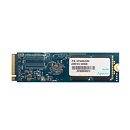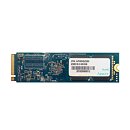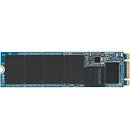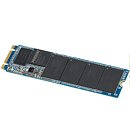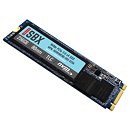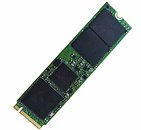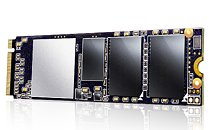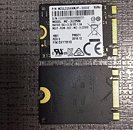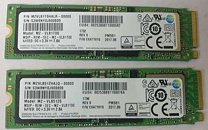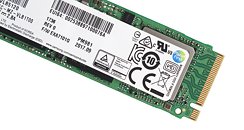
Kingston to Showcase Upcoming SSD Solutions and More
Kingston Digital Europe Co LLP, an affiliate of Kingston Technology Company Inc., the independent world leader in memory products, is set to share its latest and upcoming products at CES. Kingston will have demonstrations highlighting the capabilities of their family of solid-state drives and encrypted USB Flash drives, as well as additions in the consumer lifestyle space with mobile and embedded solutions.
"We are excited to share what's to come from Kingston in 2018. CES week provides a great opportunity to showcase the many quality technology solutions that make up the Kingston family," said Robert Allen, Director Marketing and Technical Services -EMEA, Kingston. "From enterprise SSDs, encrypted USBs, consumer mobile products to embedded solutions, we continue to offer customers rock-solid reliability, ultimate security and maximum performance. When guests visit our suite, they will fully understand Kingston's commitment to offering the most complete family of performance solutions."
"We are excited to share what's to come from Kingston in 2018. CES week provides a great opportunity to showcase the many quality technology solutions that make up the Kingston family," said Robert Allen, Director Marketing and Technical Services -EMEA, Kingston. "From enterprise SSDs, encrypted USBs, consumer mobile products to embedded solutions, we continue to offer customers rock-solid reliability, ultimate security and maximum performance. When guests visit our suite, they will fully understand Kingston's commitment to offering the most complete family of performance solutions."



